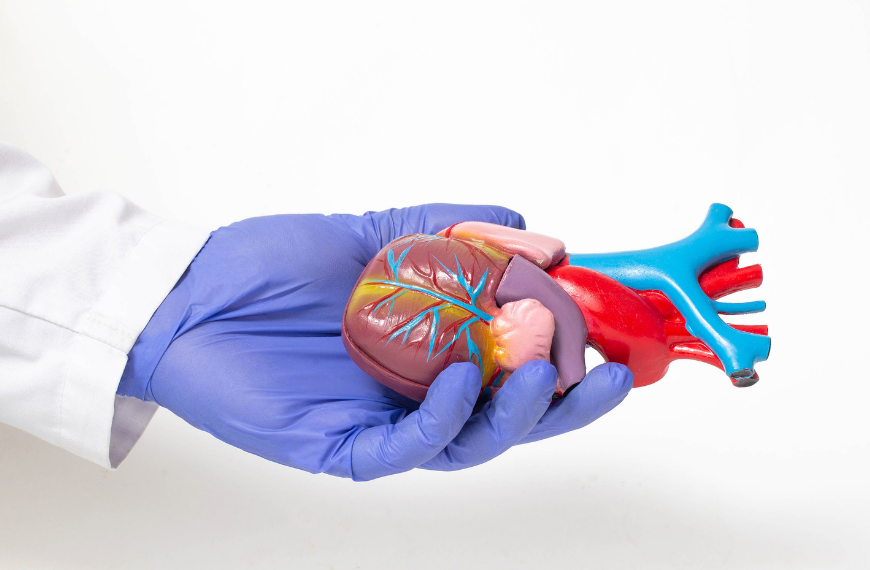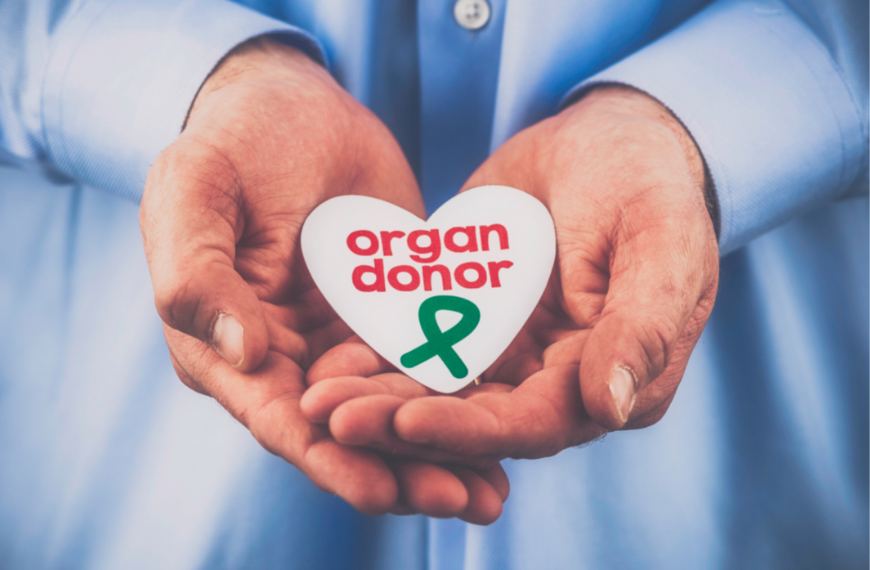As a leading home care health provider in Pennsylvania, we at AmeriBest field many questions from families with aging clients. Among them is whether or not your loved one (or yourself, for that matter) should become an organ donor. It’s a complex decision and one in which reliable data is essential.
Organ Donor Myths
In considering the pros and cons of organ donation, there are a lot of myths floating around that you need to circumnavigate. Misinformation taints your ability to make an informed choice. For example, some feel that physicians don’t work as hard to save organ donors. That goes against the Hippocratic Oath in every way. In fact, your health care team before a transplant is usually different than the one doing it.
Age and Health
You do not have to be young or in pristine health to be an organ donor. Before any transplant occurs, doctors evaluate all the conditions involved. There are a few exceptions, of course, like active cancer. Basically, the organ’s health is more important than your age group.
Living Organ Donors
Many people do not know about living donors. Tissues from certain parts of the body including the kidney, liver, and lungs, all qualify for living donations. By participating in this kind of organ donorship, you save the recipient’s life and that of someone who needs a full-fledged transplant.
Religious Beliefs
AmeriBest works with families to get a familiar person into at-home care. Said individual typically knows the personal beliefs of someone before getting them involved in living or after-death donations. Most major religions have no taboo against organ donations; it is an act of kindness.
Closed Casket Funerals
While you might think otherwise, unless there is serious disfiguration from the cause of death, there is no reason families cannot have an open-casket funeral. Donors get respectful, dignified care. Also, there is no cost for the procedure to the donor or their family.
Organ Donation by the Numbers
One of the things that may figure into your discussions of organ donation is the sheer volume of need. Twenty-two people die daily while waiting for a transplant. There are over 120,000 people currently on the waiting list for organs in the U.S. alone. That number grows by 10 every 10 minutes.
The impact of organ donation is substantial. Just one person can save up to 8 lives, and a tissue donor can improve the lives of 50.

Organ Donation Cons:
- Uncertainty: You, your loved one, or your family may find the idea uncomfortable or troubling. Allaying those feelings is often simply a matter of education and discussion.
- Risk & Recovery: As a living donor, be aware that the process is major surgery, and it has risks that your physician will outline. Recovery can take time, and it is not always pain-free.
- Scaring: Living donor procedures may leave lasting scars.
- Insurance Woes: Some insurance companies do not cover any resulting problems ensuing from the donation.
- Emotional Discomfort: If your loved one is a donor, their body will be kept on life support to protect the organs. For many, the “waiting game” is highly distressing.
Organ Donation Pros:
- Knowing you Helped Others: Organ donation saves one, if not many, lives.
- Comfort upon Death: Knowing your loved one’s organs went forward to save others provides consolation and closure in the midst of tragedy.
- Comfort in Life: As a living donor, you’ll learn about some of the lives you’re helping (no specific names, of course, but situational information).
- Full Body Donation: Should someone choose to become a full-body donor for medical research, the studies can lead to solutions for diseases in the future. Medical students can learn through working on cadavers, and in most cases, the organization accepting the donation provides a free return of the individual’s ashes.
Becoming an Organ Donor
If you want to learn more about becoming an Organ Donor, your caregiver, home health aid can become a bridge for learning more. It’s essential that an individual, or their power of attorney, can speak about personal wishes after death. The process includes:
- Signing up as a donor
- Register as a donor
- Add your status to your state identification
- Sign and carry your donor card (or let people know where to find it with other vital documents)
- Tell your medical care providers about your choice
- Include your directives in a living will
No matter what, AmeriBest is here for you. We have offices in Harrisburg (717-545-2920) and Philadelphia (215-925-3313). Or you can call any time: 1-800-HOMECARE.
Interested in working as an in-home care assistant? Start HERE.

